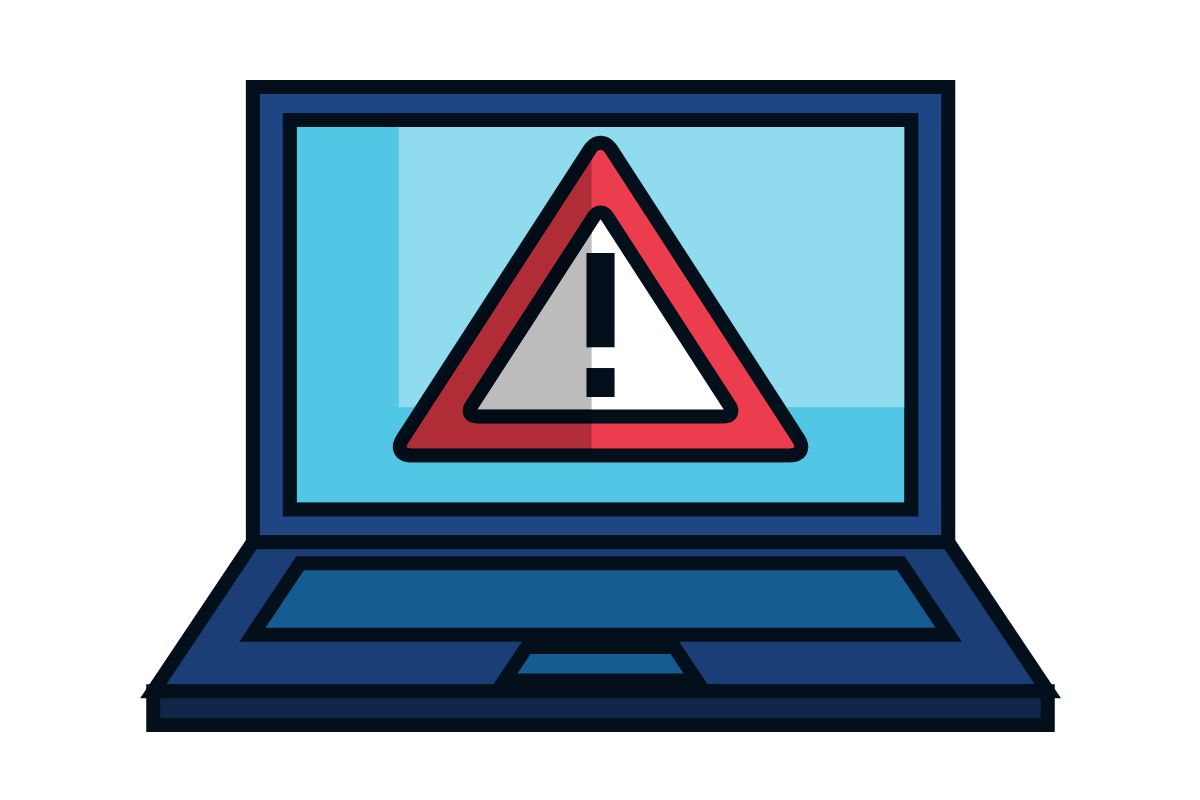
Robyn Dwight is the Sexual Violence Project Officer here at Flinders. She’s responsible for coordinating a range of activities related to creating a safe environment here on campus. She forwarded me this article on Cyber Abuse, specifically outlining the pathways to reporting and support that students have if they are experiencing this form of abuse. Reading time ~ 3 minutes.
Flinders University is committed to providing a safe and respectful learning environment. There is no place for sexual assault or sexual harassment or other forms of abuse and harassment at our university.
In this article you will find information about what is cyber abuse and how you can report and access support if you have experienced, or someone you know has experienced this type of abuse or you are concerned about an incident or behaviour.
Additionally, if you have experienced, or someone you know has experienced sexual assault or sexual harassment, or you are concerned about an incident or behaviour you can also contact us.
We will be there to listen, provide information about options available to you and support you through the process.
What is Cyber abuse?
Cyber abuse is behaviour that uses technology to threaten, intimidate, harass, or humiliate someone with the intent to hurt them socially, psychologically, or even physically.
It can take place in online classrooms, chat and messaging services, social media, text messages, emails, message boards and online forums.
It can include cyber-stalking, image-based abuse (e.g., revenge porn), trolling, online hate, creating fake accounts to impersonate someone, doxing[1], and sextortion.
Where can you report and get support if you have experienced Cyber abuse?
If you experience any of these behaviours at Flinders, even if you are not sure if the behaviour is a form of cyber abuse, we encourage you to make a confidential online report so we can offer you support and assistance asap.
You can also report cyber abuse experienced at Flinders to the e-Safety Commissioner in addition to reporting it to Flinders.
For cyber abuse that happens outside of Flinders, you can make a report to the e-Safety Commissioner
View the e-Safety Commissioner’s Toolkit for University Students for more information about the types of online abuse you could encounter and how to take action to prevent and respond to online safety incidents. The information is useful at university, at home, in the workplace and while hanging out.
An Online Safety Youth Advisory Council has been established to advise on eSafety and is open to anyone who is 18 – 24 years. The Council aims to provide advocacy and advice about ongoing youth engagement, policies, and program development. To find out more about the Council register your interest here.
—
[1] Doxing – refers to behaviour where a person or person(s) “search for and publish private or identifying information about (a particular individual) on the internet, typically with malicious intent. e.g., “hackers and online vigilantes routinely dox both public and private figures” Definition taken from Oxford Languages

